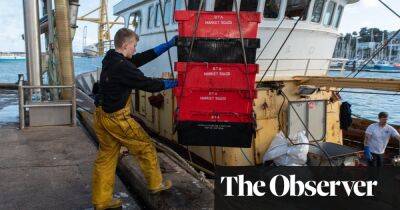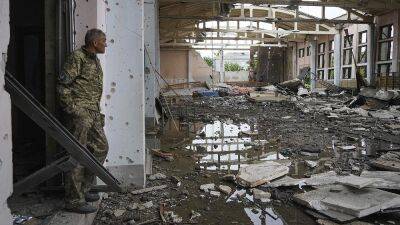Here’s an answer to the restaurant staffing crisis: pick up the odd waiting shift to eat out
At a certain point, anecdotes start to seem – rightly or wrongly – like hard data. A friend tells me that a chef-patron near where he lives has reduced his covers by half in order to keep going. A colleague says something about one restaurant group he’s heard of that recently ran short of no fewer than 24 chefs across four sites. Booking a table at a favourite place the other morning, I learn from its website that it will be closed two extra days a week for most of July. That night, as a waiter hands me an affogato (just a tiny one), I gently quiz him about this. Yes, he says, shaking his head: staff shortages. The restaurant contacts up to 70 potential new cooks a day, and still they don’t have the people they need. Seventy? Did I hear right? He laughs. Yes, he says. In fact, it may even be more than that.
Not to sound like the editor of The Caterer magazine, but what on earth is to be done about the staffing problems in hospitality, the seriousness of which is now obvious to anyone with eyes in their head to see?
According to my informant, thanks both to Brexit and the pandemic, it is carnage out there, chefs walking out mid-shift because they’ve received a better offer elsewhere, students at catering colleges snapped up before they’ve even graduated. Kitchen porters, waiters and bar staff are, he says, also hard to come by, though I’d already noticed this myself; at the theatre last month, just one server was working her way through the snaking queue for interval drinks. She was quick, but it was clear she wasn’t going to be able to make much serious headway before the bell rang. If this situation is repeated every night – and why wouldn’t it be? – it’s not hard to imagine the consequences for much-needed arts revenues.
Read more on theguardian.com





















